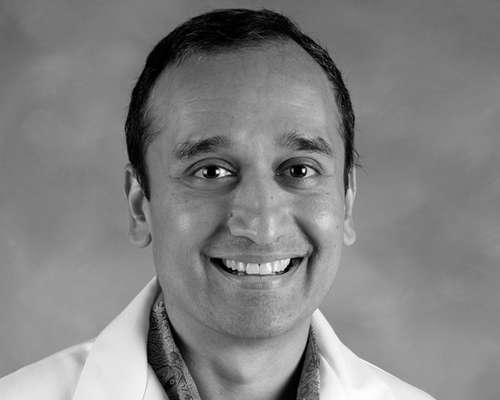
Facial reconstructive surgery has evolved over millennia. From the first reported cases of nasal reconstruction in 600BC to today’s complex microvascular transplant procedures, the field has advanced to allow remarkable outcomes. At the forefront of this is the potential for facial transplantation to rehabilitate patients with full facial injuries. Since 2005 almost 30 transplants have been performed in centres across the world. The history of the development of this procedure is intertwined in both the successes and failures of our conventional reconstructive techniques.
This lecture will discuss the ethical questions surrounding the surgery and its broader implications in medicine. The role of the face and its importance in an individual's quality of life will be examined with clinical data as well as through the anecdotal experience of two transplant patients. The technical challenges in the development of the procedure will be outlined culminating in video presentation of the actual procedure. Long-term results of the transplants will be presented. The lessons garnered in the process of watching the surgery evolve from a nascent concept to a clinical reality will be put into context of our role as caregivers and scientists.
Learning Objectives:
- To understand the clinical indications for facial transplantation
- To understand the ethical questions and issues in determining the appropriateness of this novel surgical technique
- To comprehend the technical aspects of the surgery and its execution